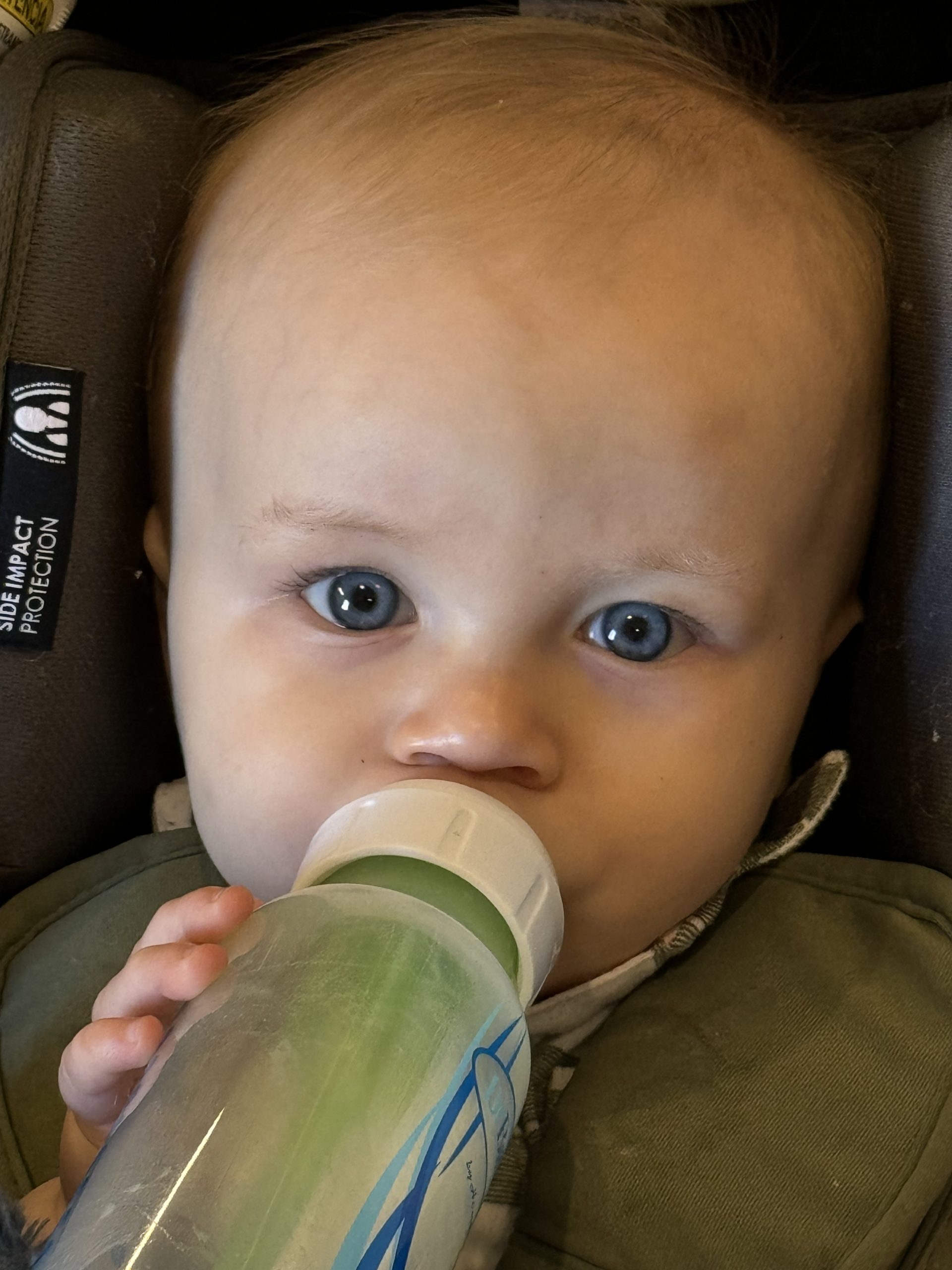When to Seek Professional Help for Feeding
As a new parent, you’ve likely discovered that feeding your baby can be both incredibly rewarding and surprisingly challenging. While every parent and baby’s journey is unique, there are times when getting additional support from a healthcare provider or feeding specialist can make all the difference in helping your little one thrive.
Trust Your Instincts
First, know that wanting help with feeding doesn’t mean you’re failing as a parent. Many families work with feeding specialists at some point, whether they’re breastfeeding, bottle-feeding, or transitioning to solids. Your instincts about your baby’s needs are valuable, and it’s okay to seek guidance when something doesn’t feel quite right.
Physical Signs It's Time to Reach Out:

Poor weight gain or your baby dropping in their growth curve. For instance, if your previously thriving 3-month-old hasn’t gained weight at their last two check-ups, this warrants a conversation with your pediatrician.
Feeding seems physically difficult for your baby. You might notice they regularly cough, gag, or struggle to coordinate sucking and swallowing during feeds. Perhaps your 2-month-old frequently pulls away from the breast or bottle, arching their back and crying.
Every feed feels like a battle. If your 6-month-old consistently turns away from the spoon or bottle, becomes distressed at the sight of food, or feeds take significantly longer than 30-40 minutes, professional support can help identify underlying issues.
Signs for Breastfeeding Parents:
Persistent pain during feeds that doesn’t improve with positioning changes. While some initial discomfort is common, ongoing nipple pain, especially if accompanied by damage or bleeding, requires evaluation by a lactation consultant.
Concerns about milk supply, especially if your baby isn’t having enough wet diapers or seems constantly hungry even after long feeding sessions.


Explore Our Revolutionary Feature
Signs for Bottle-Feeding Parents:
Difficulty finding the right formula or frequent changes due to suspected intolerance. If your baby experiences ongoing digestive issues, excessive fussiness, or rashes despite trying different formulas, a feeding specialist can help identify the root cause.
Where to Find Help
Start with your pediatrician, who can assess your baby's growth and recommend appropriate specialists such as:
– A certified lactation consultant (IBCLC) for breastfeeding support
– A pediatric feeding specialist for help with bottle-feeding or solid food challenges
– A pediatric occupational therapist who specializes in feeding difficulties
– A pediatric gastroenterologist for digestive concerns
Remember, early intervention often leads to better outcomes. Many feeding challenges can be resolved with proper support and guidance, allowing both you and your baby to enjoy a more positive feeding experience.
What to Expect
During your first appointment, the specialist will typically:
– Review your baby’s feeding and medical history
– Observe a feeding session
– Assess your baby’s oral motor skills and feeding patterns
– Develop a personalized plan that works for your family
A Personal Note
Every parent wants the best for their child, and seeking help is a sign of strength, not weakness. Whether you’re struggling with latching issues, worried about weight gain, or just feeling overwhelmed, remember that you’re not alone. Many parents have walked this path before, and there are caring professionals ready to support you and your baby on your feeding journey.
Take that first step – reach out to your pediatrician or a feeding specialist if you have concerns. Your baby’s health and your peace of mind are worth it.
– Ali







